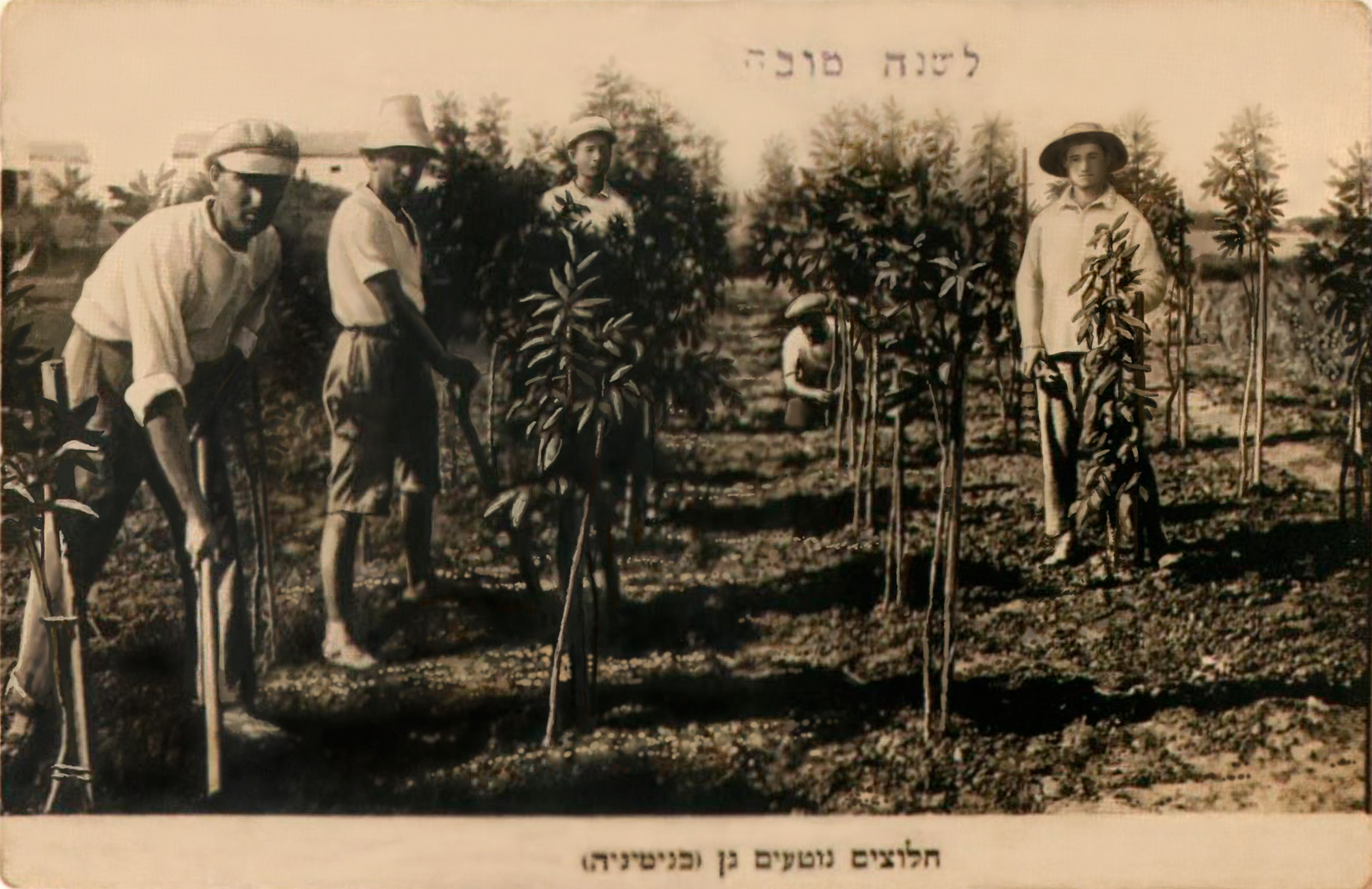


Tu BiShvat
Tu BiShvat (lit.“15th of the month of Shevat” in Hebrew) – one of the minor Jewish holidays –is celebrated in the middle of the last winter month of Shevat, which usually corresponds to January or February. This holiday is often referred to as the New Year of the Trees, as the trees wake up after their winter hibernation around this time.
There is no mention of this holiday in the Bible, but already in the Mishnah – a collection of texts from the III century CE, Tu Bishvat is mentioned in a series of several days marking the beginning of different kinds of annual cycles, including the agricultural one. The subsequent Jewish tradition believes that by the 15th of the month of Shvat it gets warm enough to start planting new trees. The Bible forbids eating the fruit of a tree until it reaches the age of three: until that time they are considered consecrated to God and not permitted to people. The counting starts on the 15th day of the month of Shevat, so Tu BiShvat has become the festival of trees by association.
Later rabbinic literature doesn’t mention the celebration of Tu Bishvat. There is some evidence that in the Jewish communities of X century Germany it was customary to break the fast and mourning on this day. In more recent times, Ashkenazi communities celebrate Tu BiShvat with a special meal of nuts, fresh and dried fruits, symbolizing the harvest from the trees growing in the Land of Israel. Figs, dates, raisins, pomegranates, almonds, and olives are especially popular. In the Sephardic communities, only the prohibition to fast and mourn on this day remained for a long time. Not earlier than the XVI century has Tu Bishvat gained wide popularity, first of all – among the Kabbalists of Safed, and then in a number of other Sephardic communities. In some of them, it is called the Feast of Fruits, during which special hymns (complas) are sung and candles are lit.
In Israel, this holiday is particularly popular. Since the beginning of the XX century, in the first Zionist settlements in the Holy Land, this day began to be celebrated as a festival of the revival, rebirth of nature and was accompanied by widespread planting of trees. In the diaspora, it has become customary to collect donations for the purchase of seedlings for Israel. Children and youth take an active part in this mass planting, linking the reforestation
of the country with its rejuvenation. The kibbutzim take part in this tradition with great enthusiasm. The Seder of Tu BiShvat became popular among secular Jews a communal meal with an abundance of fruits from the new harvest, new wine, singing, and poetry recital, while Kabbalistic motifs disappeared from the ritual.

